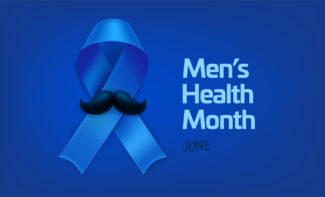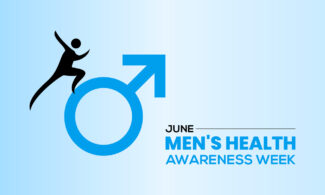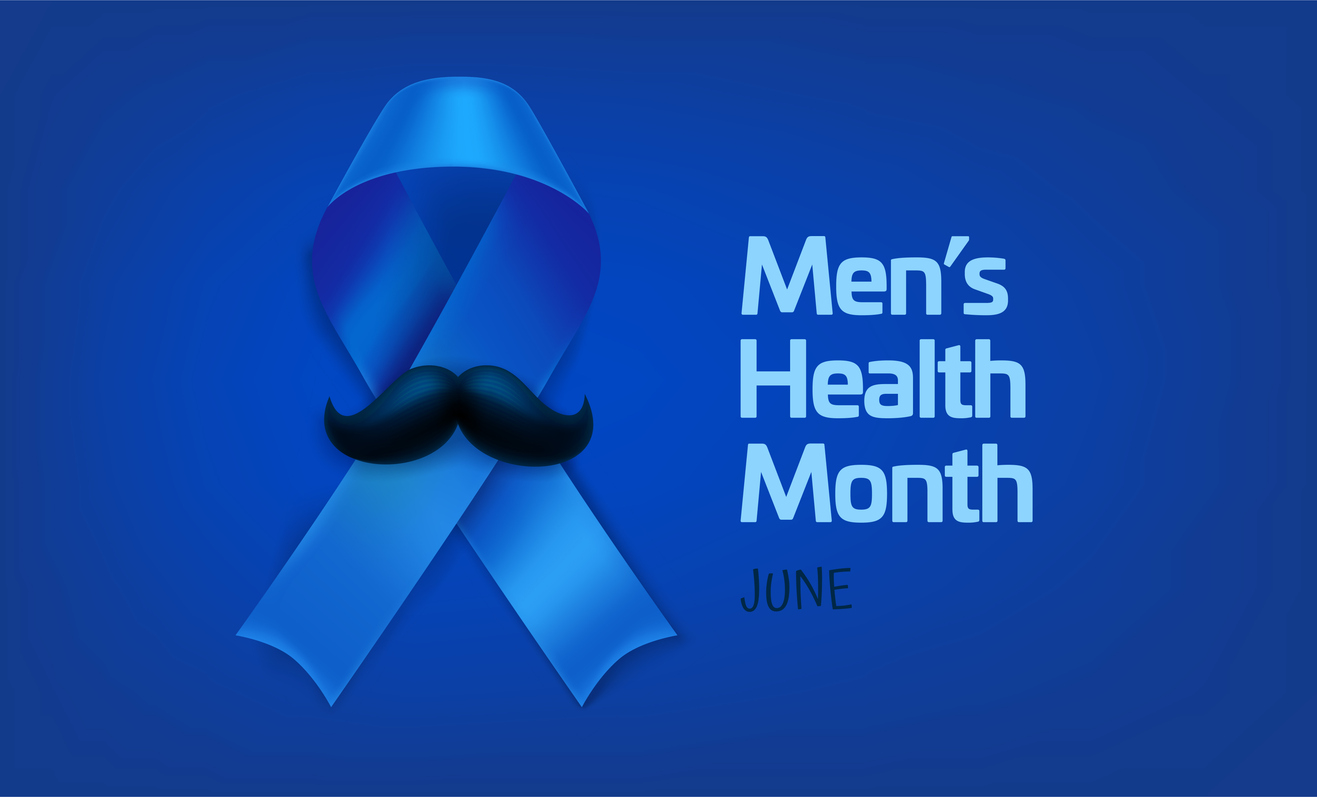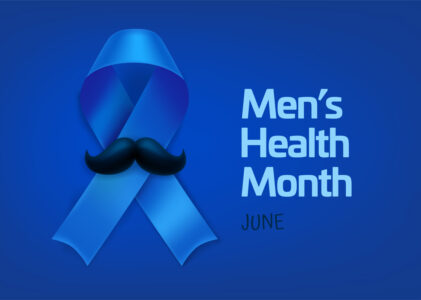
June is Men’s Health Awareness Month, a time dedicated to raising awareness about the health challenges men face and encouraging early detection and treatment of diseases among men and boys. This month is an opportunity to focus on the specific health issues men encounter and to promote preventive measures that can lead to a longer, healthier life.
Understanding Men’s Health
Men’s Health Awareness Month serves as a reminder that men often face unique health challenges. Statistics show that men are more likely to suffer from heart disease, cancer, and unintentional injuries than women. Additionally, men are less likely to visit the doctor for regular check-ups or seek medical attention when symptoms arise. This reluctance to engage in preventive health care can lead to later diagnoses and poorer outcomes.
According to the U.S. Department of Health and Human Services Office of Minority Health, men have higher rates of certain chronic conditions and are more likely to die from heart disease, cancer, and diabetes than women. These statistics highlight the critical need for increased awareness and proactive health measures among men.
Key Health Issues for Men
- Heart Disease: Heart disease is the leading cause of death for men in the United States. Risk factors include high blood pressure, high cholesterol, smoking, obesity, and physical inactivity. Regular screening and lifestyle changes, such
 as a healthy diet and regular exercise, can significantly reduce the risk of heart disease.
as a healthy diet and regular exercise, can significantly reduce the risk of heart disease. - Cancer: Prostate cancer is the most common cancer among men, followed by lung cancer and colorectal cancer. Early detection through screenings such as PSA tests for prostate cancer and colonoscopies for colorectal cancer can improve treatment outcomes. Avoiding smoking and limiting alcohol consumption are also important preventive measures.
- Diabetes: Men are more likely than women to develop type 2 diabetes. Risk factors include being overweight, having a family history of diabetes, and being physically inactive. Managing weight through diet and exercise and monitoring blood sugar levels are crucial steps in preventing and controlling diabetes.
- Mental Health: Mental health is an often-overlooked aspect of men’s health. Men are less likely than women to seek help for depression, anxiety, and other mental health issues, which can lead to worsening symptoms and even suicide. It’s essential to break the stigma surrounding mental health and encourage men to seek support when needed.
- Unintentional Injuries: Men are more likely to suffer from injuries due to accidents or risky behaviors. Safety measures, such as wearing seat belts, using protective gear, and avoiding excessive alcohol consumption, can reduce the risk of unintentional injuries.
Preventive Health Measures

Preventive health care is vital for early detection and management of health conditions. Men’s Health Month emphasizes the importance of regular check-ups and screenings. Here are some key preventive measures:
- Regular Health Check-Ups: Annual physical exams help detect potential health issues early. Regular screenings for blood pressure, cholesterol, and diabetes are crucial.
- Cancer Screenings: Depending on age and risk factors, men should consider screenings for prostate, lung, and colorectal cancer.
- Healthy Lifestyle: A balanced diet, regular exercise, and maintaining a healthy weight are foundational to good health. Reducing salt, sugar, and unhealthy fats can lower the risk of chronic diseases.
- Mental Health Support: Seeking help for mental health issues is essential. Counseling, therapy, and support groups can provide the necessary support.
- Avoiding Harmful Behaviors: Quitting smoking, limiting alcohol intake, and avoiding illicit drugs contribute to overall well-being.
Resources and Support for Men’s Health
Numerous resources are available to support men’s health initiatives. The Men’s Health Network provides valuable information and tools to promote health awareness. Their toolkit for Men’s Health Month includes educational materials, health tips, and event planning guides to help communities and organizations raise awareness about men’s health.
The U.S. Department of Health and Human Services Office of Minority Health also offers resources tailored to the specific health needs of minority men. These resources address health disparities and provide culturally competent care and information.
The Role of Imaging in Men’s Health
Medical imaging plays a crucial role in diagnosing and managing many health conditions that affect men. At Greater Waterbury Imaging Center, we offer state-of-the-art imaging services which are essential tools for early detection and treatment planning. Magnetic resonance imaging can help identify heart disease, cancer, and other conditions at an early stage, leading to better outcomes.
This Men’s Health Awareness Month, take the opportunity to prioritize your health and encourage the men in your life to do the same. Regular check-ups, screenings, and healthy lifestyle choices are key to a longer, healthier life.
At Greater Waterbury Imaging Center, we are dedicated to supporting men’s health through advanced imaging technologies and compassionate care. We understand the unique health challenges that men face and are here to provide the necessary resources and support. Contact us today to learn more about our MR imaging services and how we can assist you in maintaining your health and well-being.


